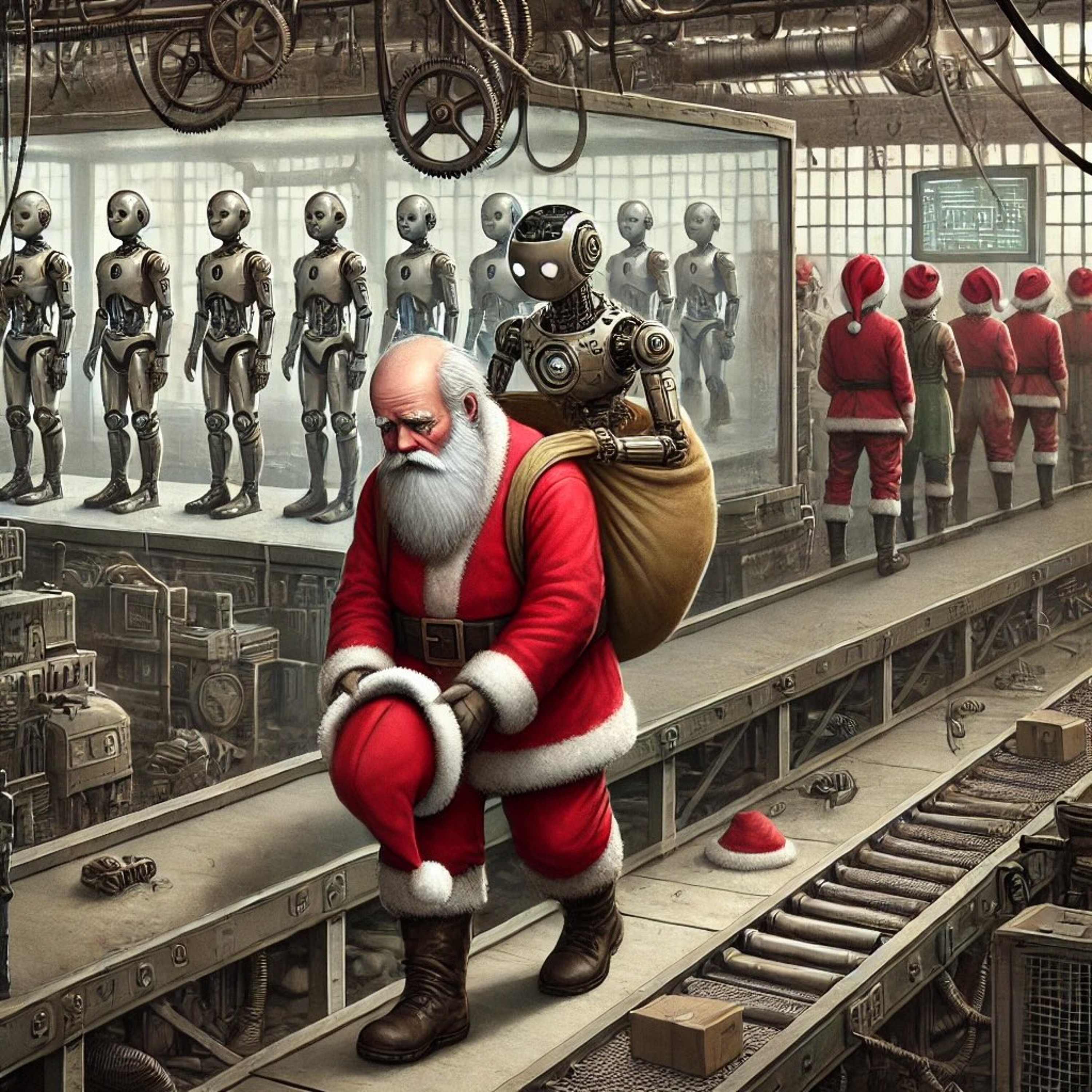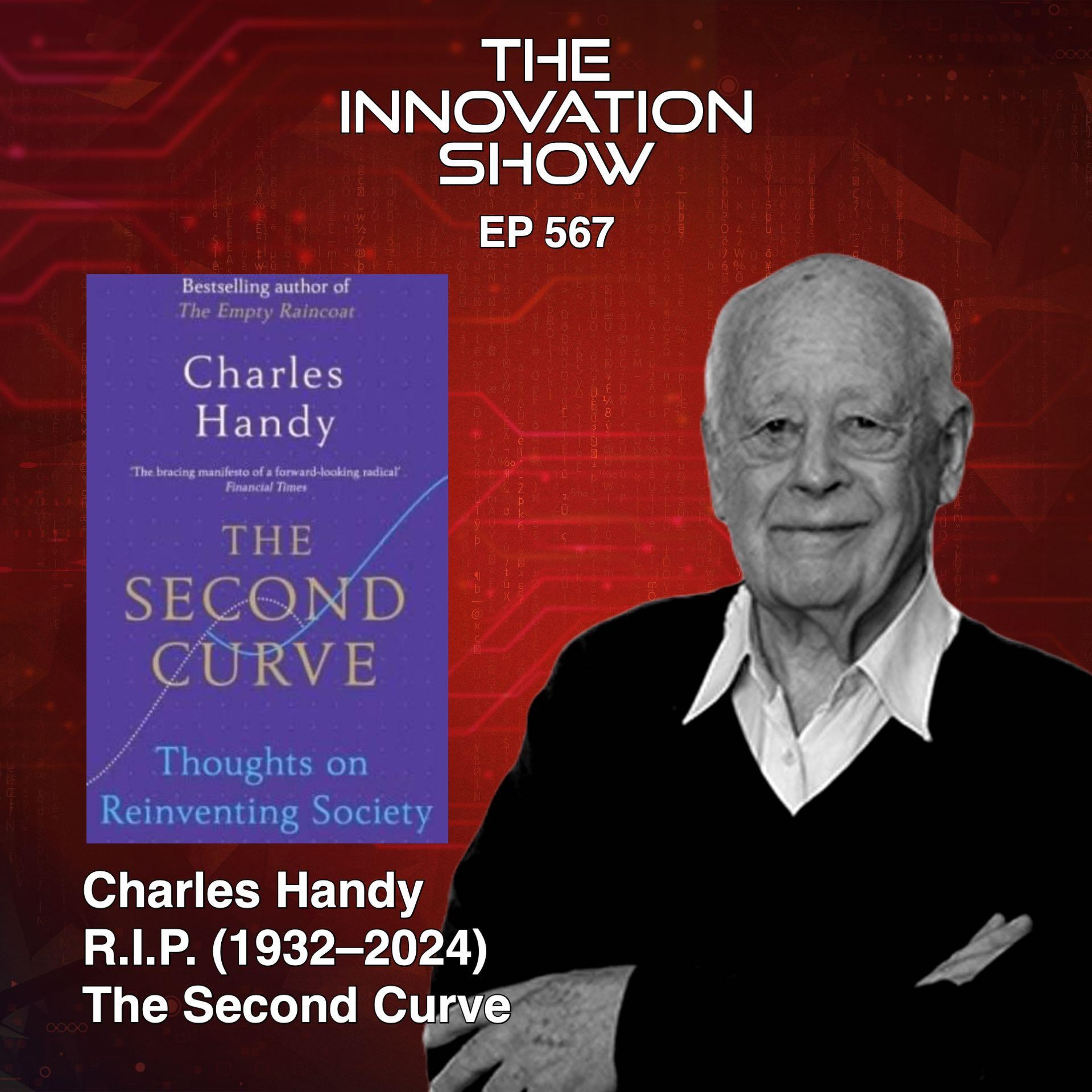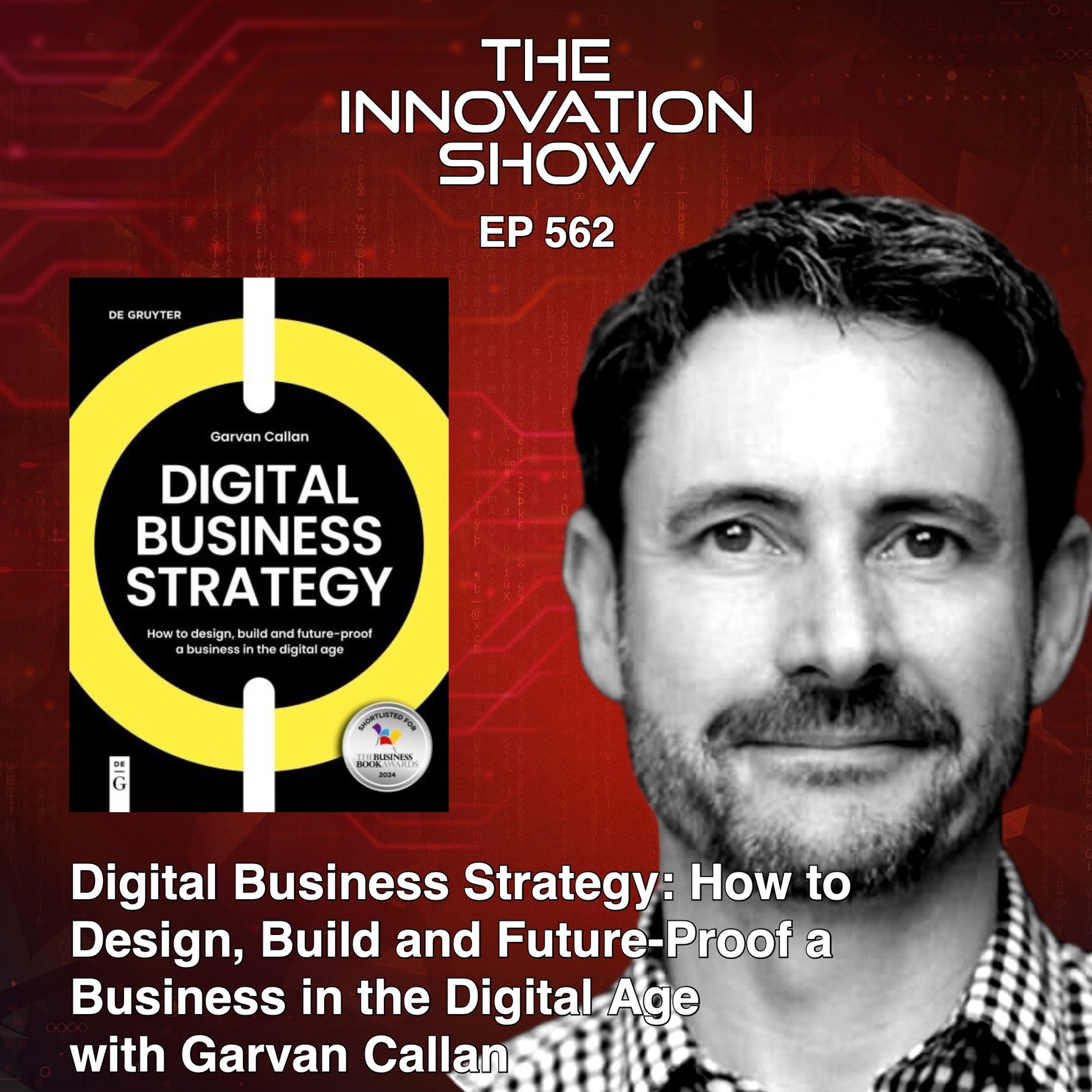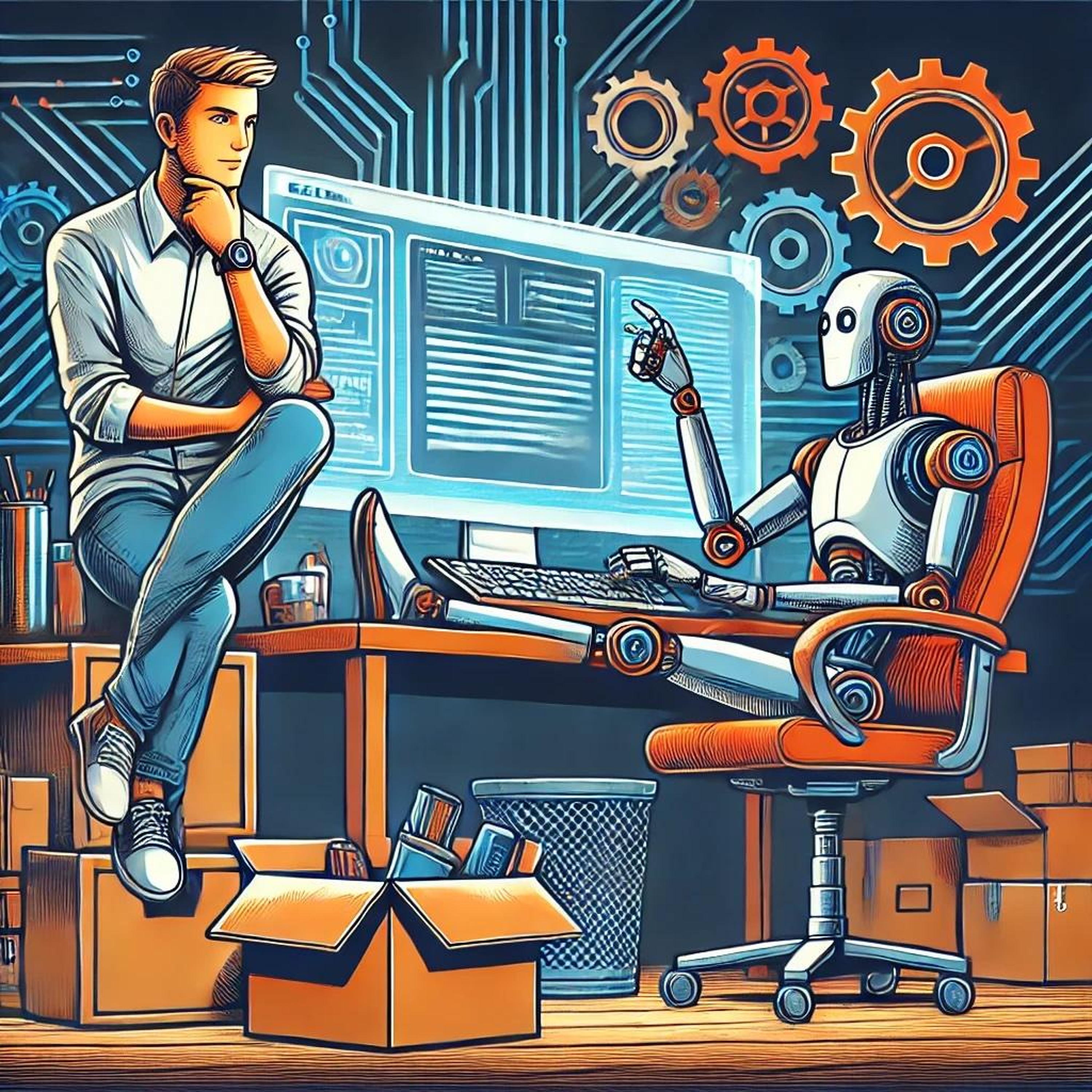Technological Taylorism: How Modern AI is Reshaping the Future of Work
Update: 2024-11-13
Description
Technological Taylorism: How Modern AI is Reshaping the Future of Work In this episode, we delve into the concept of Technological Taylorism and how the advent of AI and automation is restructuring the workforce. We revisit Frederick Taylor’s principles of scientific management and examine their relevance in today's job market. The discussion covers the rise in workplace surveillance, the transformation of jobs into piecemeal tasks, and the increasing vulnerability of freelance and middle management roles. The episode also explores the larger implications of AI on job creation, economic growth, and the potential for a technological singularity. Featuring insights from experts like Paul Daugherty and Yossi Sheffi, this thought-provoking discussion questions the future of labor in an efficient, data-driven world. 00:00 Introduction: Technological Taylorism and the Future of Work 00:32 The Legacy of Frederick Taylor's Scientific Management 01:31 Modern Workforce Surveillance and AI 03:04 The Rise of Freelancers and Automation 05:39 Creative Destruction in the Digital Age 08:13 The Future of Work: Concerns and Predictions 10:24 Conclusion: Human + Machine Paradigm Technological Taylorism: The Automation of Efficiency and the Future of Work The philosopher and media theorist Marshall McLuhan contends that "we shape our tools, and thereafter our tools shape us", The idea suggests that we create and adapt to technologies. These technologies, in turn, shape our behaviours, perceptions, and ultimately, our societies. This goes for any technology from the stopwatch to the advanced artificial intelligence. I hope I am wrong... In the late 19th and early 20th centuries, Frederick Taylor introduced a management approach that would fundamentally change the industrial world. With tools as basic as a pen, ledger, and stopwatch, Taylor meticulously observed and recorded the activities of factory workers, aiming to enhance efficiency through what he termed "scientific management." This system dissected every action into its basic elements. Taylor's analysis led to the precise timing and reorganization of each task to maximize speed and efficiency. Initially, these changes led to significant productivity gains, but they also stripped workers of their autonomy and sense of craftsmanship. Understandably, Taylorism reduced skilled artisans to interchangeable cogs in a mechanized process. Fast forward to today, and Taylor's shadow looms large over modern workforce management. Today's management practices have evolved to slice jobs into ever-smaller tasks. In 2019, The Wall Street Journal highlighted a significant shift towards workplace surveillance, labelling employees as "workforce data generators." This marked a new phase in management's scientific approach, now armed with AI-driven tools far beyond Taylor's stopwatch. The COVID-19 pandemic and the shift to remote work turbocharged the use of these surveillance tools. A 2021 study by Gartner revealed that the adoption of technologies like facial recognition among employers had doubled to 60% during the pandemic, with predictions of continued growth. This surge in monitoring tools reflects a crisis-induced rush towards greater control, reminiscent of Taylor's response to perceived inefficiencies. The narrative has been that a surefire way to protect yourself in an age of AI is to have a complex, human job. However, when you really examine any complex job it is just a Gordian knot of simple tasks, tasks that can be cheese sliced apart. Consider, AI-powered project management software that eliminates middle management by automating tasks. Once it has unbundled jobs into tasks, it then assembles freelance teams. While these freelancers initially benefit, the software soon learns from their work, and gradually replaces them too. Freelancers are increasingly becoming a significant part of the workforce. A 2022 study by Upwork found that 38% of Americans engaged in...
Comments
Top Podcasts
The Best New Comedy Podcast Right Now – June 2024The Best News Podcast Right Now – June 2024The Best New Business Podcast Right Now – June 2024The Best New Sports Podcast Right Now – June 2024The Best New True Crime Podcast Right Now – June 2024The Best New Joe Rogan Experience Podcast Right Now – June 20The Best New Dan Bongino Show Podcast Right Now – June 20The Best New Mark Levin Podcast – June 2024
In Channel
























